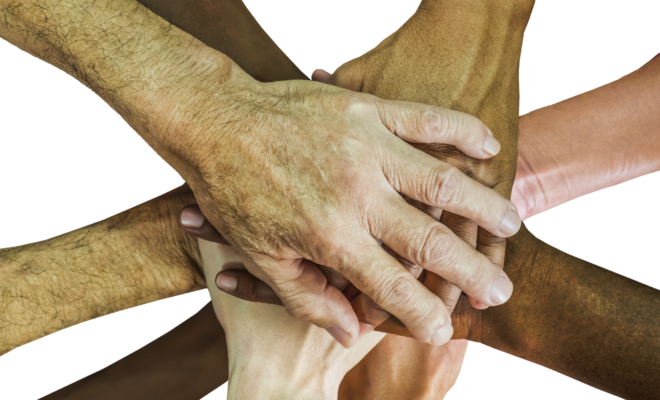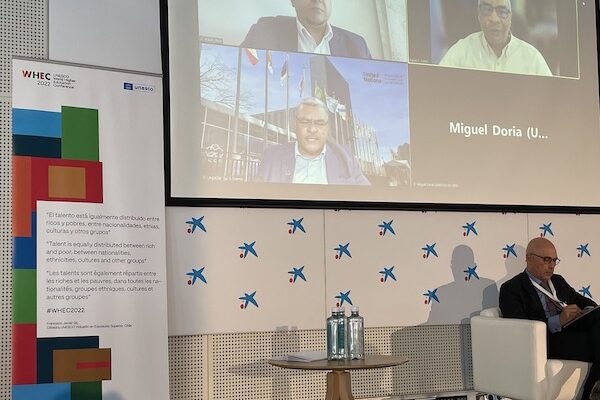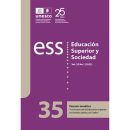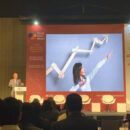UNESCO World Conference in Barcelona to shape the future of higher education
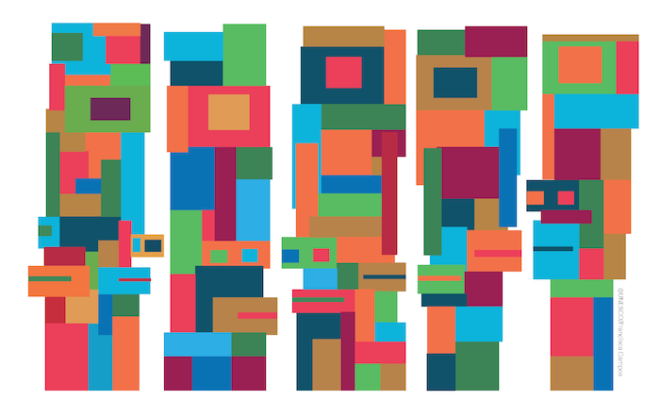
Press release | Paris/Barcelona, May 12, 2022
Faced with the challenge of growing student populations, the third UNESCO World Conference on Higher Education, will take place 18 to 20 May 2022 in Barcelona, Spain, to chart a renewed vision for higher education in the next decade.
There are 235 million students enrolled in higher education worldwide, a number that has more than doubled in the last 20 years and will likely double again over the coming decade.
Faced with such growing demand, how can we ensure quality higher education that is adapted to contemporary challenges such as sustainable development? How can international academic mobility be supported? What lessons can be learned from the COVID-19 pandemic? These questions will be at the heart of the World Conference.
More than 1,500 participants are expected to attend the event coming from universities, governments, multilateral agencies, the private sector and civil society to share their experiences and ideas with a view to drawing a common global roadmap for the coming decade.
The Confeerence will be opened by UNESCO Director-General Audrey Azoulay, the Spanish Minister of Universities, Joan Subirats, the President of the Government of Catalonia, Pere Aragonès, and the Mayor of Barcelona, Ada Colau.
Democratizing access
Despite a remarkable 200% increase in enrolment in 20 years in regions such as sub-Saharan Africa, Central Asia and South and South-East Asia, disparities persist. Between 40 and 50% of an age group are enrolled in higher education in East and South-East Asia, Latin America and the Caribbean. In Central and South Asia, however, only 25% are enrolled. And the figure drops to 9% for sub-Saharan Africa.
Expanding access to education is necessary, but it comes with major logistical and budgetary implications for governments, particularly in developing countries. There has been a trend to increase tuition fees and other indirect costs in many places, burdening the finances of students and their families.
Increasing student mobility
Six million of the global student population are studying abroad and this number is expected to rise to 8 million by 2025. But international frameworks are needed to support mobility, which is not only an academic asset for students, but also a boost to knowledge sharing and mutual understanding.
At the Barcelona Conference, UNESCO will call on its Member States to pursue ratification of the Global Convention on the Recognition of Qualifications concerning Higher Education, the first UN treaty to strengthen inter-university cooperation and cross-border academic research. Fourteen states have already ratified the text and only seven more signatures are needed for it to enter into force.
Learning from the pandemic
The COVID-19 pandemic challenged higher education systems resulting in learning losses and increased inequalities. It has also shown that higher education systems with significant public funding are more resilient in the face of a global crisis, better able to ensure continuity of provision and inclusion of the largest number of students. The Conference will draw lessons from the past two years to design systems that are both stronger and more resilient.
In order to develop the roadmap for higher education to 2030, the Conference will focus on the following themes: (1) Impact of COVID-19 on Higher Education; (2) Higher Education and the Sustainable Development Goals; (3) Inclusion; (4) Quality and Relevance of Programmes; (5) Academic Mobility; (6) Governance; (7) Financing; (8) Data and Knowledge Production; (9) International Cooperation and (10) The Futures of Higher Education.
The International Council for Science (ICS), the International Association of Universities (IAU) are among the conference partners, as well as the Global Universities Network for Innovation (GUNi/ACUP) and the Catalan Association of Public Universities.
****
Journalists wishing to attend the conference at the Barcelona Montjuïc Conference Centre are requested to register here
Media contact: Lucía Iglesias Kuntz
+33 (0) 6 80 24 07 29
RELATED ITEMS



